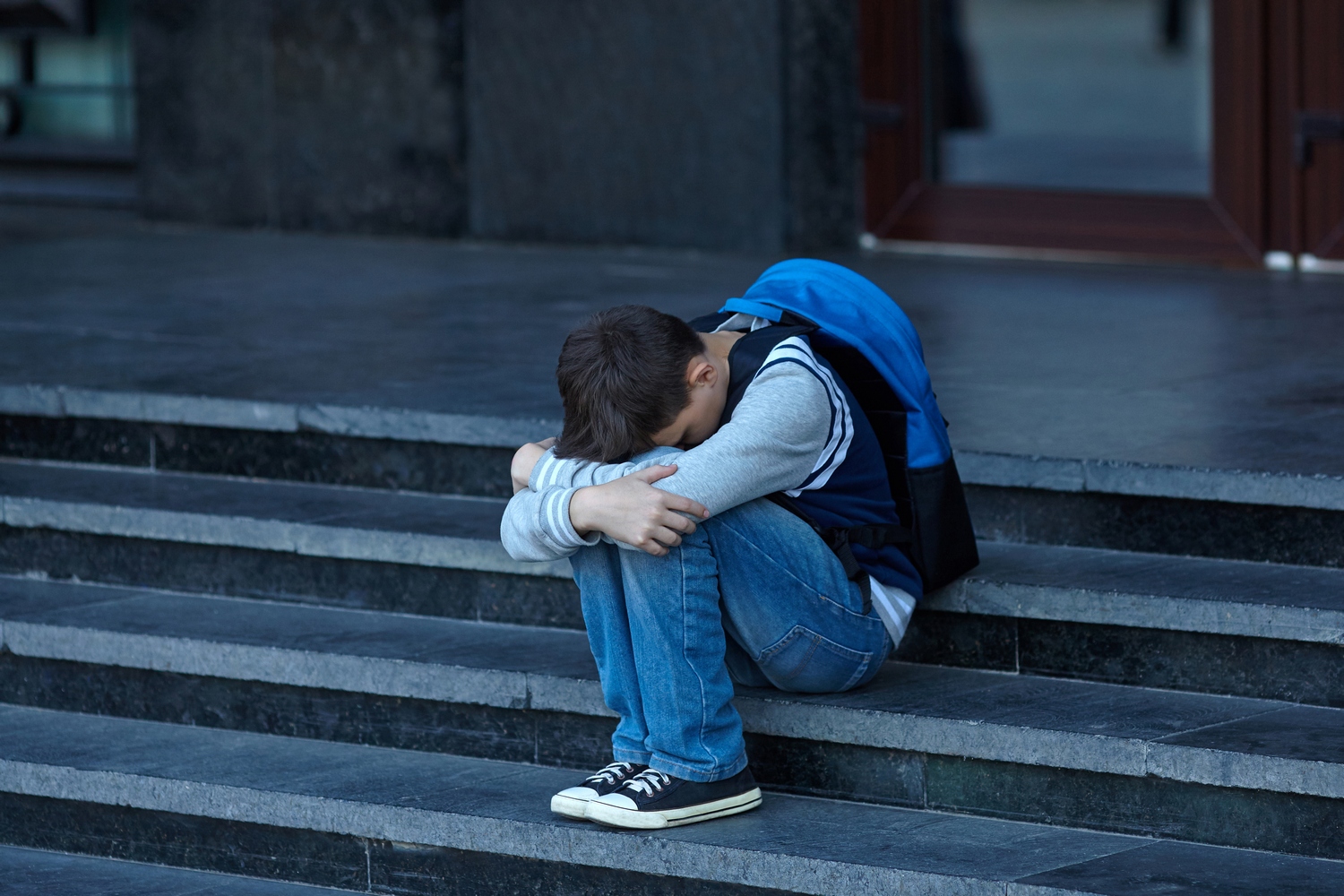Widespread bullying in schools is an important policy issue as being bullied may lead to long-lasting problems: low self-esteem, mental health conditions and poorer job prospects. Many studies document a negative correlation between bullying and later outcomes. However, there is little evidence available on whether being bullied causes poorer outcomes, and to what extent. Similarly, there is little evidence about the effects of different types and frequencies of bullying.
The causal effects of being bullied are useful to quantify because bullying is amenable to policy intervention. Evidence has shown that anti-bullying programs are effective at reducing the extent of bullying in schools. Therefore, it is important to know the benefits from reducing bullying in schools, to compare with the cost of anti-bullying programs.
A recent IZA paper by Emma Gorman, Colm P. Harmon, Silvia Mendolia, Anita Staneva, and Ian Walker fills this gap by providing new evidence on the consequences of being bullied in schools in England.
Frequency and type of bullying
The researchers used confidential data on over 7,000 school pupils from the Longitudinal Study of Young People in England, aged between 14 and 16 years. About 50% of pupils reported experiencing any type of bullying at this age. The data contained information on how frequently the children were bullied, and what type of bullying they experienced.
Examples include being called names, being excluded from social groups, being threatened with violence, experiencing violence, having their possessions taken off them. This information was reported by both the child and parent, so the researchers could gain a detailed picture of the patterns of bullying.
To isolate the effects of being bullied on later outcomes, rather than other factors, the researchers compared the outcomes from young people who had the same background characteristics, including previous school performance at ages 7 to 11 (Key Stage 2), social background, demographics, and parental attributes.
Higher unemployment, lower income, poorer mental health
The analysis shows that experiencing bullying of any kind has negative consequences for academic achievement in schools. Specifically, being bullied reduced the probability of gaining 5 or more good GCSE passes (at A*-C grades), as well as the probability of staying on to take A-levels, by about 10%.
These negative effects are persistent: Being bullied in school increased the probability of being unemployed at age 25 years by about 30%; reduced income by about 2%; and had a large negative impact on mental health (increasing mental ill-health by about one-third of a standard deviation).
The researchers also found suggestive evidence showing that, while all types of bullying have negative consequences, persistent bullying and violent bullying had greater negative impacts than less frequent or non-violent bullying. Overall, the findings suggest that a targeted approach to reduce more extreme forms of bullying may be warranted.
